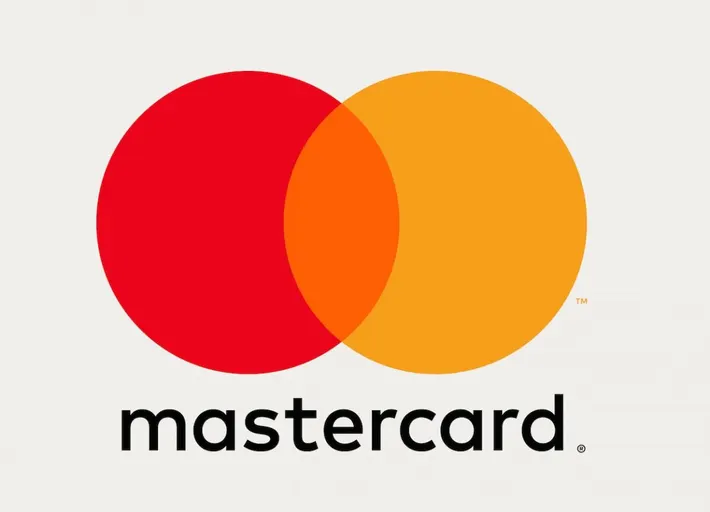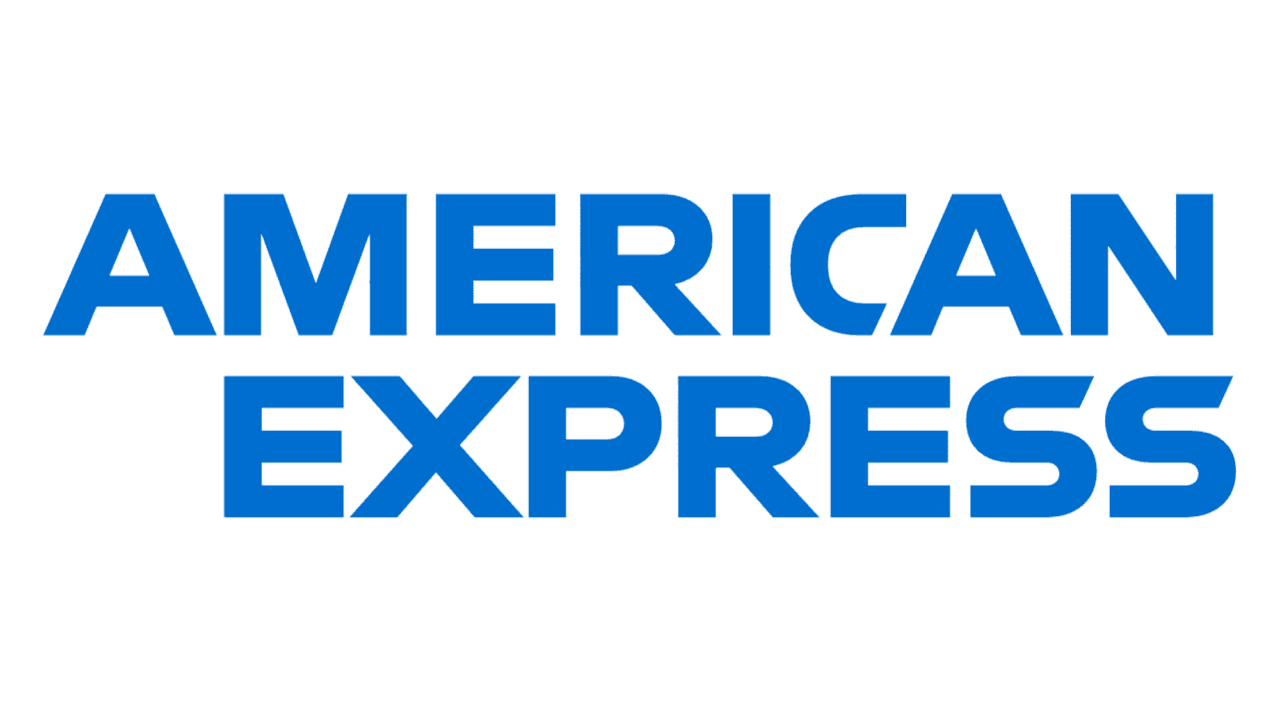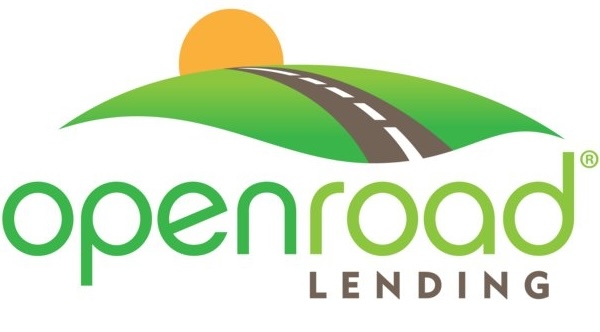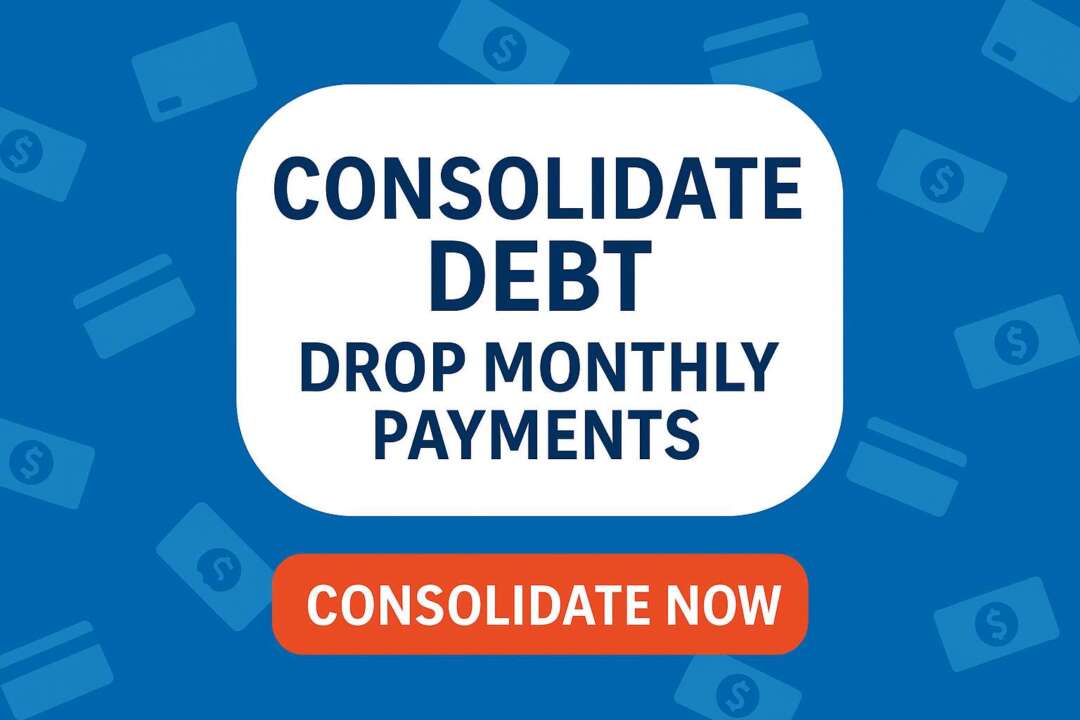Is Debt Secretly Stealing Your Financial Freedom? 5 Hidden Costs Revealed
Financial freedom – the ability to live life on your own terms without the crushing weight of money worries – is a common dream. Yet, for many, this dream remains elusive, often sabotaged by an insidious opponent: debt.
While we readily see the monthly payments leaving our accounts, debt often inflicts deeper, less obvious damage. It secretly steals our financial independence in ways we might not even realize, impacting everything from our daily cash flow to our long-term opportunities.
Understanding these hidden costs of debt is the crucial first step toward breaking free and reclaiming control over your personal finance. Let’s explore five critical ways debt silently undermines your financial freedom.
1. The Cash Flow Squeeze: Paying More Than You Think
One of the most immediate ways debt erodes financial freedom is by relentlessly squeezing your cash flow. This goes far beyond the obvious principal and interest payments on loans or mortgages.
Consider credit cards: many don’t realize that if you carry any balance from one month to the next, the typical grace period often vanishes. This means every new purchase begins accumulating interest daily from the moment you make it.
That seemingly “small” balance suddenly makes every subsequent coffee, grocery run, or online purchase incrementally more expensive. This constant, often unseen drain makes saving money, investing for the future, or simply getting ahead incredibly difficult.
2. Opportunity Cost: The Doors Debt Slams Shut
Debt doesn’t just take your money; it steals your choices. This is the painful reality of opportunity cost. Because debt ties up your financial resources, significant life opportunities might become impossible.
Consider these potential missed chances:
- Taking a promising job offer that requires an expensive cross-country move.
- Investing in a certification or degree to significantly advance your career.
- Starting the side business you’ve always dreamed of.
The missed opportunities aren’t always so dramatic, but they diminish your quality of life. Debt can prevent you from:
- Taking a much-needed vacation.
- Enjoying unique experiences with loved ones.
- Seeing a favorite band on their final tour.
Debt forces you into a pattern of saying “no” to enriching life experiences simply because your funds are already committed to past obligations.
3. Emergency Fund Sabotage: Living on the Financial Edge
A healthy emergency fund is a cornerstone of financial security. However, when you’re aggressively paying down debt, contributions to savings are often the first expense to be cut. You might even feel forced to reduce essential insurance coverage on your home or car just to free up cash for debt payments.
While prioritizing debt repayment is understandable, this strategy leaves your finances incredibly vulnerable. Without a safety net, a single unexpected event – like a major car repair, a sudden medical bill, or a job loss – can quickly become a full-blown crisis.
This can force you deeper into debt just to cover the emergency, creating a precarious cycle: you’re always struggling to pay off the last crisis when the next one inevitably hits.
4. The Mental Toll: Debt, Stress, and Decision Fatigue
The burden of debt isn’t just financial; it’s profoundly mental and emotional. Research indicates that the chronic financial stress and feeling of scarcity associated with significant debt can actually impair cognitive function – potentially lowering functional intelligence by a noticeable margin.
Constantly worrying about making payments, juggling bills, and feeling trapped leads to decision fatigue. This mental exhaustion makes it harder to:
- Make sound financial choices (potentially leading to more debt).
- Be fully present in your relationships.
- Find joy and relaxation in everyday life.
Debt becomes an invisible weight, clouding judgment, draining energy, and diminishing overall well-being.
5. Hiding the True Cost: More Expensive Than It Looks
Debt has a sneaky way of obscuring the true cost of our purchases. That “great deal” on a new appliance or piece of furniture might seem affordable when financed using credit, but was it truly a saving?
Once you factor in interest and financing charges paid over months or years, the final price paid can dwarf the original sticker price. Furthermore, there are often secondary hidden costs associated with taking on new debt, especially if it strains your budget:
- Negative Credit Score Impact: High debt levels can lower your credit score.
- Higher Insurance Premiums: A lower credit score can lead to increased costs for car or home insurance.
- Worse Loan Rates: Securing future car loans or mortgages may come with less favorable interest rates.
- Rental Difficulties: Some landlords check credit history.
- Increased Cost of Everything: If financing involved carrying a credit card balance, the daily interest effectively increases the cost of all purchases made until the balance is cleared.
These small amounts add up significantly over time, further hindering your ability to build wealth.
Breaking Free: Taking Control Starts Now
Recognizing how debt subtly drains your finances, limits your opportunities, and impacts your mental health is powerful. It’s the essential first step towards reclaiming your financial future.
If you’re actively working to get out of debt, having a clear debt payoff strategy is essential. Knowledge and a plan put you back in the driver’s seat.
Tools exist to help you create an effective plan. Consider exploring resources like The Yukon Project’s debt payoff calculator [Suggest Inserting Link Here]. Such tools can compare various payoff strategies – like the popular Debt Snowball Method (paying off smallest debts first for quick wins) or the Debt Avalanche Method (tackling high-interest debts first to save money long-term), alongside options like debt consolidation. Finding the right approach provides clarity, motivation, and a roadmap back to financial control.
Ultimately, awareness is key. By understanding the true, multi-faceted cost of debt, you empower yourself to make different choices, break free from its grasp, and start building the financial freedom you deserve.
























